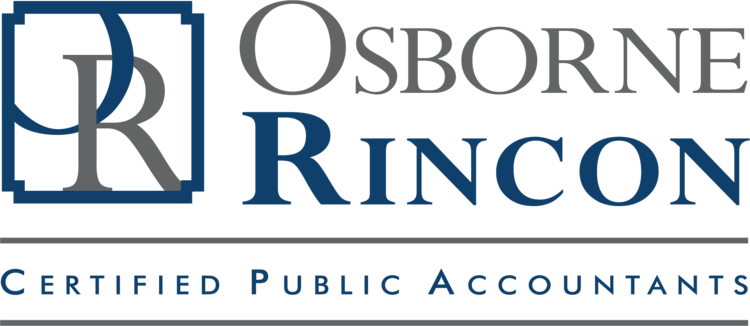It's summer time and local business owners are dealing with slow-downs, while many families are on vacation or spending time away from the desert heat. No one feels like talking about taxes and the IRS.
The truth is that now is the best time to do your tax planning for 2015. Good tax planning happens as part of your yearly cycle, and is much more effective when you have time to implement a new cash flow plan or research an equipment purchase that will help grow your business and reduce your tax bill. Starting now is beneficial, instead of waiting until the end of the year and panicking, or even worse, discovering in April that you have a huge tax bill, and you have very few options to lower it.
For businesses, having your tax professional review your financials mid-year can give you a number of tax-saving options. It might be time to set up a defined benefit pension plan, which can be a large deduction for your business as well as a way to set money aside for yourself. If you need to purchase equipment, Section 179 depreciation can drastically reduce your tax bill.
Another important item that needs to be addressed mid-year is shareholder salary. 401k deferrals must be made as payroll is paid out, and if this is not planned for you may owe a big payroll tax bill if you wait until the end of the year to cover those deferrals. Additionally, the IRS continues to threaten to audit S-corporations for "reasonable salary"- an unfavorable decision could result in a big bill if the IRS decides all owner draws should be subject to payroll taxes. For individuals, it is time to take a look at your investment income. The new Net Investment Income Tax beginning in 2013 adds an additional 3.8% to your tax bill on investment income if your income exceeds $250,000 for married filers. Investment gains include interest, dividends, capital gains, rental income, and many other passive activities.
Another tax deduction that needs careful planning is charitable giving. Appreciated property, which would otherwise cause a large taxable gain, can be donated for a deduction. Charitable donations over $5,000 must be carefully planned and require an appraisal. There are several creative ways to donate property and still retain some income flows from it, such as a Charitable Remainder Annuity Trust.
Contact Osborne Rincon, CPAs at 760-777-9805 for more information on our services.
